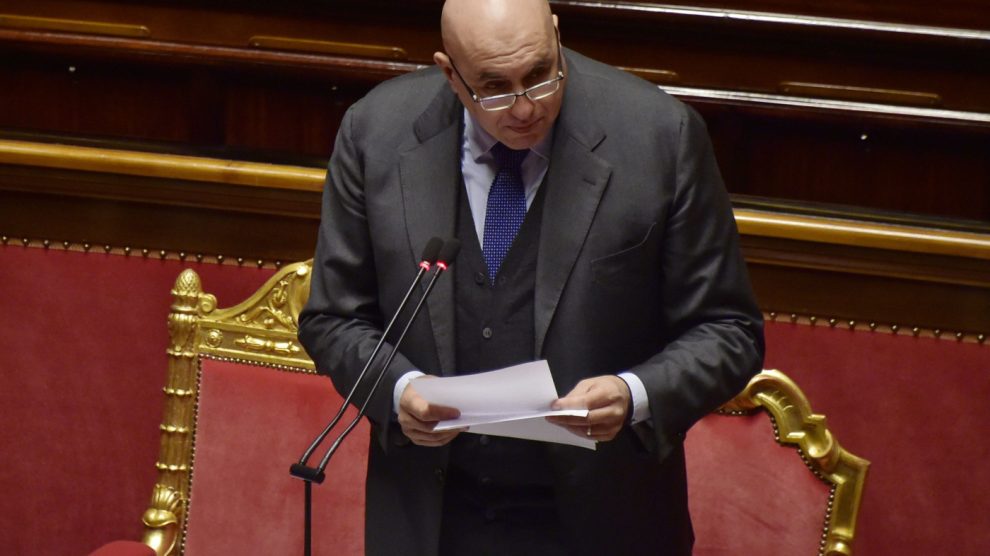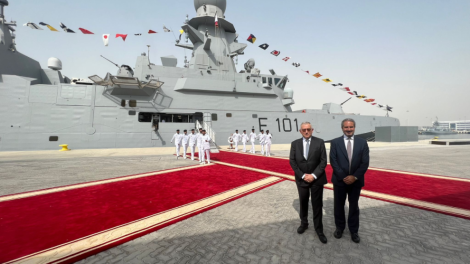Defence talks. On Wednesday, speaking before the joint committees on Defence of the House and Senate, Defence Minister Guido Crosetto outlined his vision for the evolution of Italy’s entire military instrument.
- In the past years, the Armed Forces were mainly employed in peacekeeping missions. However, he argued, shifts in the global context and the reemergence of conflicts call for a radical rethink.
- That rethink – geared at enabling the men and women in uniform to face these challenges – must entail the development of capabilities and technologies, preferably national, to be stimulated through investments.
A new international posture. Addressing MPs, the minister emphasised that Italy must change its pace within the major alliances. The role of defence, he said, “cannot be limited merely to that of a troop-contributing nation.” Thus, the country must increase its relevance and autonomous capacity to influence processes and operations in the international arena.
- Mr Crosetto highlighted a few positive signs, such as NATO recognising the priority of the Southern Flank in its latest Strategic Concept – which Italy has been calling for.
- However, he said, Rome must adopt “a more mature posture towards military operations” by leadership positions within multinational operations and being involved in the planning processes.
Rethinking the National Security Strategy. Italy’s approach, continued the minister, must evolve to better meet the challenges of the future, especially in the “all-round way of thinking about defence,” creating a system that’s “synergic in its components” and becoming “multi-domain” – in line with NATO’s new Strategic Concept, which aims for interoperable, complementary and harmonised forces.
- This can be achieved by integrating the training of personnel and grouping all those assets whose need is common to all the Armed Forces, avoiding duplication in the logistical, technological and regulatory fields.
- “There is also a need to unify sectors and services common to the various Armed Forces. For example, in the short term: foreign language teaching, the CBRN sector, health; in the medium term: the communication and IT systems sectors; in the long term: Space and Cyber[space],” remarked Minister Crosetto.
Staying ahead requires investments, as the military’s ability to act is related to technology, stressed the head of Italy’s defence. “We are in the midst of a new revolution, dictated by the attempt of several powers to achieve supremacy in the development of new technologies” – autonomous systems such as drones, cyber capabilities, the use of space, all the way to AI, are increasingly indispensable.
- To achieve this, argued Minister Crosetto, Italy must provide certain and stable funding, enhance its industrial capabilities and provide concrete support for exports. That may be achieved through a three-year defence investment law “that combines in a single manoeuvre the financial volumes related to three successive measures, with a depth of 17 years.”
Strategic Autonomy and Golden power. Lastly, argued the minister, it’s best to secure the country’s technological base, shielding it from foreign penetration and enabling it to sustain its international projection. That includes favouring home-grown tech champions, he told MPs, to foster national sovereignty.
- Thus, Rome must “develop a plan for the support of national industry, including through the application in Defence of special powers, the so-called Golden power,” aimed at protecting national strategic assets and know-how.





